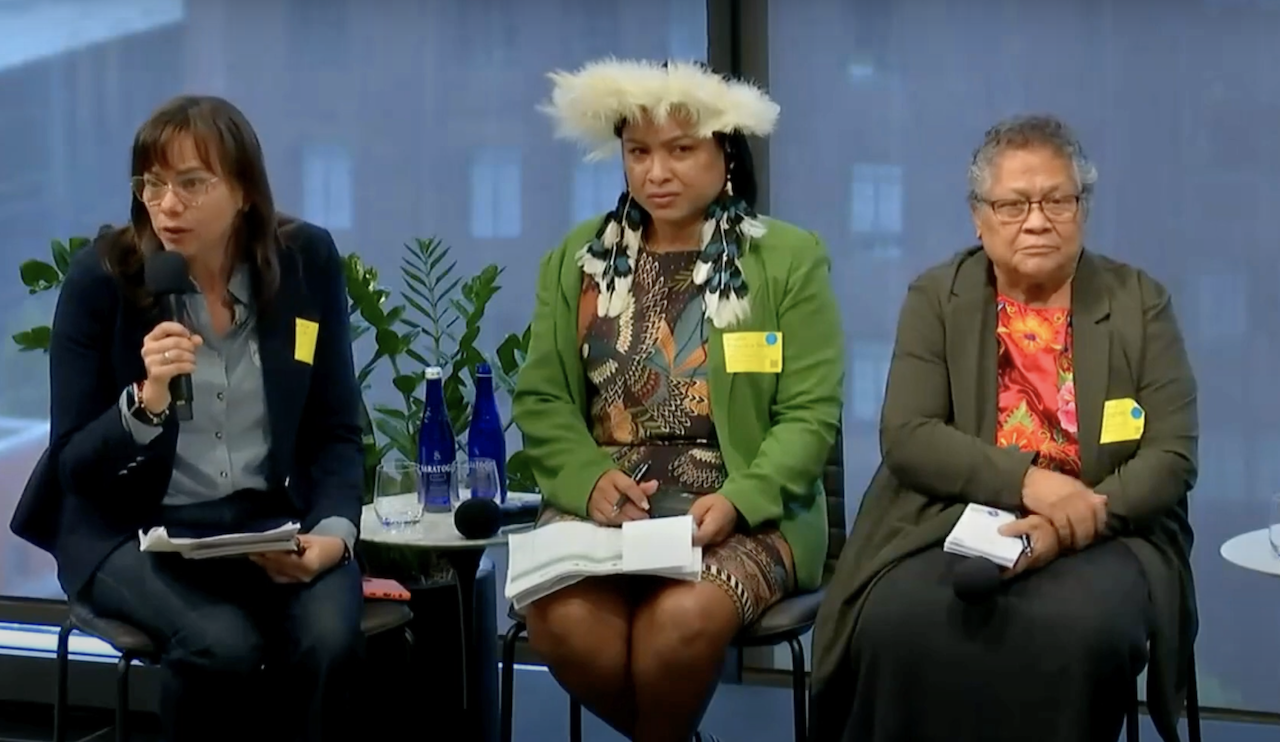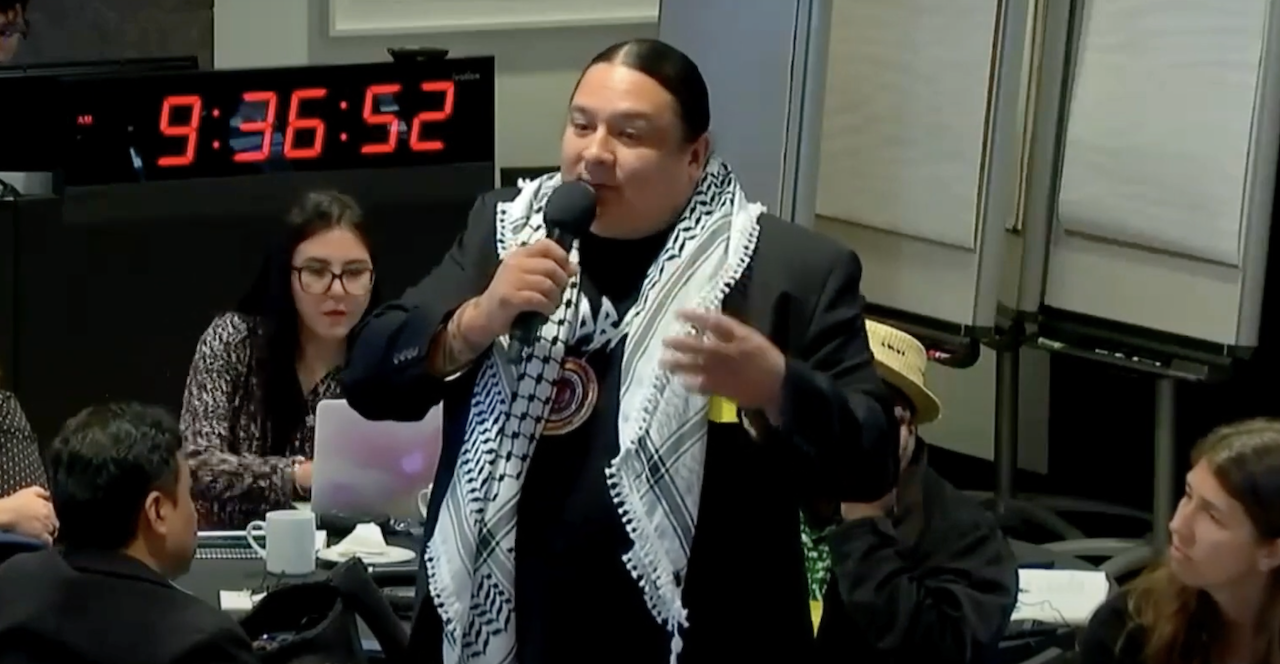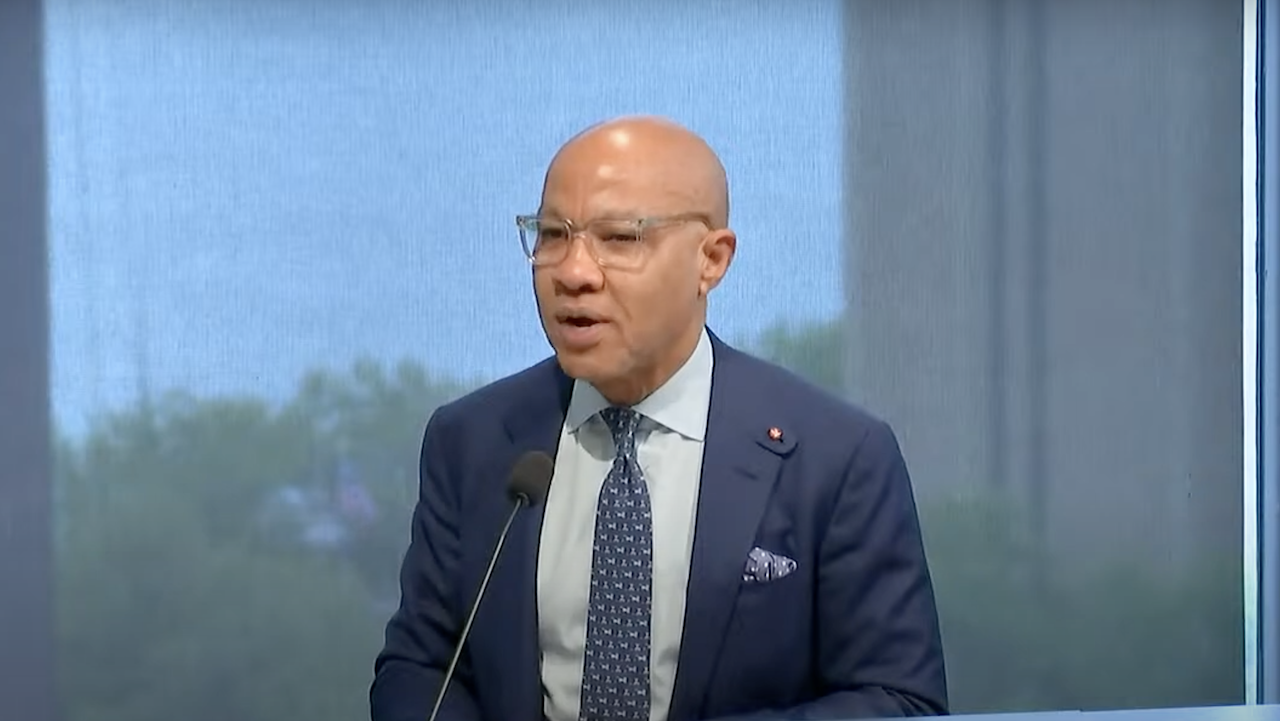On September 23, 2024, a powerful hybrid event titled "From Commitment to Action: Enabling Direct Funding for Indigenous Peoples in Multilateral Climate and Biodiversity Initiatives" was hosted at the Ford Foundation headquarters in New York City as part of Climate Week. The event gathered Indigenous leaders, activists, multilateral fund representatives, and climate finance experts to address a critical question: Can multilateral mechanisms, with their sprawling bureaucracy, meet the urgent need for direct, fit-for-purpose funding for Indigenous Peoples on the frontlines of climate and biodiversity challenges?
Multilateral Funds: A Double-Edged Sword?
Countries increasingly turn to multilateral climate and biodiversity funds to support ambitious global commitments to tackle climate change and protect biodiversity. These funds have the potential to unlock massive resources for Indigenous Peoples, local communities, and Afro-descendant Peoples who steward and preserve the world’s primary forests. However, despite the promises, bureaucratic delays and inaccessible systems often slow the delivery of this much-needed funding.
The event centered around the question: Can these multilateral funds evolve and be held accountable to ensure timely, direct funding reaches the communities most affected by climate change?
As global governments push for a green transition, which frequently includes phasing out fossil fuels, Indigenous communities often find themselves on the frontlines of land concessions for renewable energy projects. This raises concerns about the future of Indigenous lands and whether multilateral funders can adapt their rigid structures to meet the diverse needs of these communities.
Case study: What makes Land Dialogues a success?
Voices from the Frontlines
The event featured insightful conversations between key stakeholders, beginning with a heartfelt opening by Darren Walker, President of the Ford Foundation. Reflecting on his tenure, Walker emphasized that supporting Indigenous Peoples and local communities had been one of the most meaningful aspects of his 12 years of leadership. He noted that despite the record-breaking $1.4 trillion in climate finance raised in 2022, the amount still falls short of the $5.2 trillion needed annually to meet global climate goals by 2030. This gap is even more pronounced when it comes to the resources reaching Indigenous communities.
The urgency of Walker’s message was echoed throughout the day. Laura Meggiolaro, Managing Director of the Land Portal Foundation, highlighted the importance of creating spaces like the Land Dialogues to center Indigenous voices in the climate agenda. Angela Kaxuyana, a Brazilian Indigenous leader, and Maria Pia Hernandez, representing the Mesoamerican Territorial Fund, underscored the systemic barriers preventing Indigenous-led funds from accessing multilateral climate finance. Both pointed out that only 7% of climate funding currently reaches Indigenous Peoples directly, a statistic that illustrates the gravity of the challenge.
Kaxuyana stressed that beyond financial resources, what is needed is trust in Indigenous-led mechanisms. She explained that Indigenous communities have long been protecting biodiversity and combating climate change but are often excluded from financial decision-making processes. For Indigenous Peoples, securing funding is not merely a matter of receiving aid; it is about maintaining sovereignty over their territories and continuing their stewardship of critical ecosystems.

Reforming Multilateral Funding Systems
Nonette Royo, Executive Director of the International Land and Forest Tenure Facility, emphasized the need for "decolonizing" the financial structures that currently govern climate finance. Royo’s call to action focused on the need for genuine partnerships where Indigenous Peoples are not just beneficiaries of funding but the decision-makers guiding where and how funds are spent.
This sentiment was shared by several participants who called for structural reforms in multilateral funding systems. The current model often relies on large international NGOs or government bodies to channel funds, which creates layers of bureaucracy that further alienate Indigenous communities from the decision-making process. A recurring theme was the importance of direct funding mechanisms that bypass these intermediaries and provide Indigenous-led funds with the autonomy to allocate resources in ways that best serve their communities.
Kimaren Ole Riamit, co-founder of the Indigenous Livelihoods Enhancement Partners (ILEPA), reflected on his experience with the Green Climate Fund (GCF). While the GCF has made strides in policy, Riamit pointed out that Indigenous Peoples are still treated as afterthoughts in global climate finance, often sidelined by complex application processes and bureaucratic hurdles.
The Way Forward: Commitments to Action
Several multilateral fund representatives, including Stephanie Speck from the Green Climate Fund and Asyl Undeland from the World Bank, responded to the calls for reform with pledges to streamline processes and improve direct access for Indigenous Peoples. Speck, in particular, shared GCF’s new commitment to faster project approvals, with a goal of reducing the time it takes to greenlight projects to six weeks and full approval within nine months.
Despite these promising steps, participants remained cautious, stressing the need for more than just rhetoric. Indigenous leaders like Dr. Myrna Cunningham Kain of the Pawanka Fund urged donors to move beyond promises and take concrete steps toward channeling more funding directly to Indigenous communities. “We are already doing the work,” Dr. Cunningham said. “We protect territories and biodiversity, but without resources, we cannot continue at the scale that is needed.”

Beyond the Numbers: Reclaiming Sovereignty
One of the event's most poignant takeaways was the discussion on reclaiming financial sovereignty. While the idea of increasing the percentage of climate funding to Indigenous Peoples was widely supported, Indigenous leaders emphasized that the conversation needs to move beyond percentages. As Riamit put it, "It’s not just about giving us a share of the pie; it’s about letting us bake the pie ourselves."
As the world gears up for the upcoming COP30, it is clear that the future of climate and biodiversity funding will depend on the ability of multilateral funds to step up and deliver on their commitments. Indigenous Peoples, who protect vast tracts of the world’s biodiversity and forests, must be at the center of climate action, not just as beneficiaries but as key decision-makers in the global response to climate change.
The hybrid event at the Ford Foundation was a clarion call to bridge the gap between commitment and action. For Indigenous Peoples and their allies, the challenge now is to ensure that the promises made in forums like Climate Week translate into tangible, lasting change.
-----
The Land Dialogues webinar series is now in its fourth year, having organized many successful virtual discussions bringing a variety of perspectives to the table around the centrality of Indigenous and community land rights in advancing global efforts to halt the climate crisis, achieving a healthy planet and forwarding the 2030 Agenda for Sustainable Development. The series is a partnership between the Tenure Facility, the Land Portal Foundation and the Ford Foundation.

